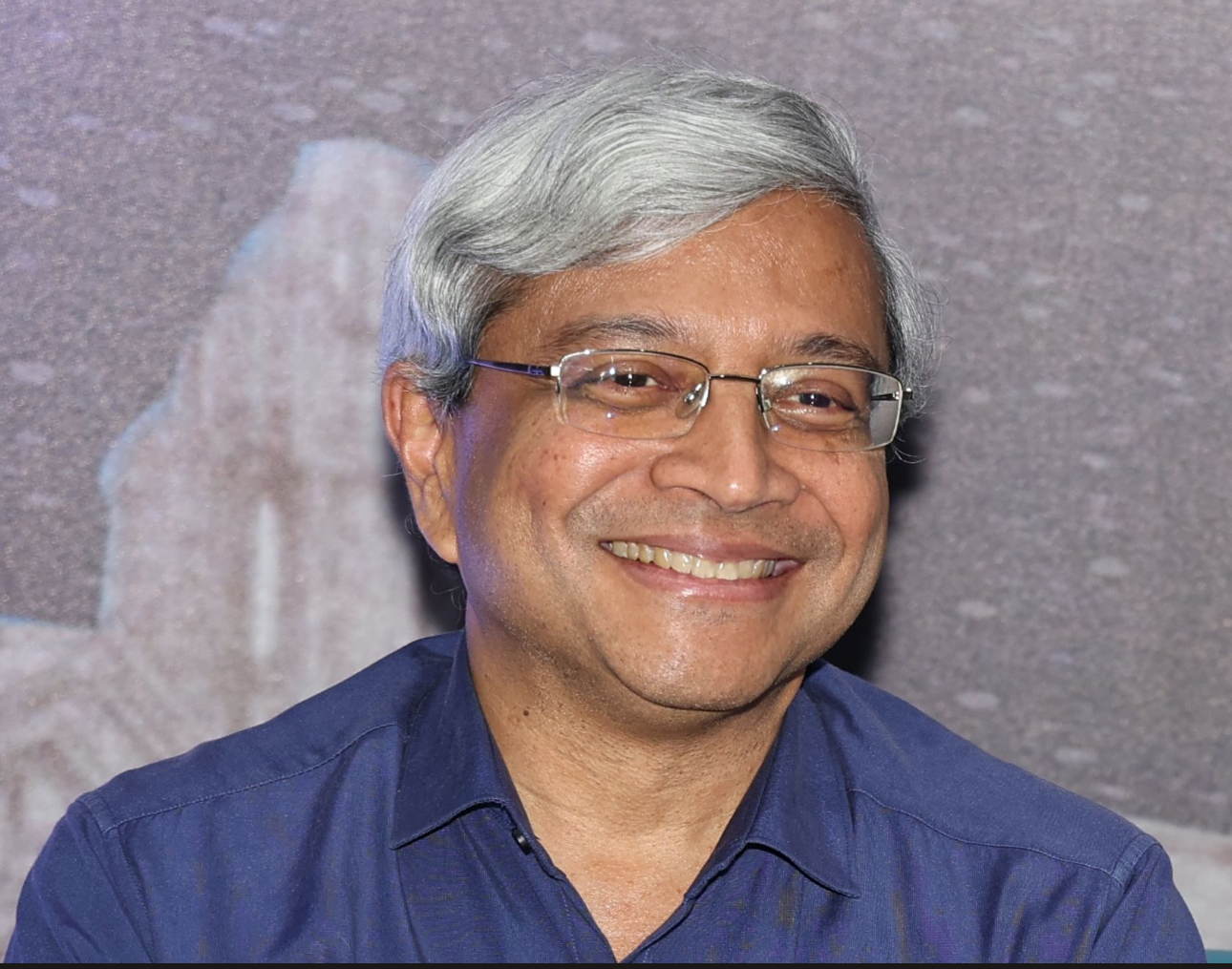From the Director

The Indian Institute of Science (IISc) was established in 1909 by a visionary partnership between the industrialist Jamsetji Nusserwanji Tata, the Mysore royal family and the Government of India.
Over the last 111 years, IISc has become India’s premier institute for advanced scientific and technological research and education. Its mandate is “to provide for advanced instruction and to conduct original investigations in all branches of knowledge as are likely to promote the material and industrial welfare of India.” In keeping with this guiding principle, the Institute has strived to foster a balance between the pursuit of basic knowledge and applying its research for industrial and social benefit.
IISc’s reputation and pre-eminence ensures that it attracts the best young faculty members trained in the best laboratories around the world. In 2018, IISc was selected as an Institution of Eminence (IoE) by the Government of India, and it consistently figures among the top Indian institutions in world university rankings.
IISc’s research output is diverse, interdisciplinary and cuts across traditional boundaries. The Institute has over 42 academic departments and centres that come under six divisions. It also places equal emphasis on student learning, with about 4000 students pursuing several postgraduate and PhD programmes, as well as a dedicated four-year undergraduate programme aimed at providing research-oriented training for young students in the basic sciences.
IISc has a vibrant and diverse campus spread over 440 acres of greenery in the city of Bengaluru (formerly Bangalore), India’s hub of high-tech companies (in aerospace, electronics, and information technology), educational and research institutions, and numerous start-ups. With the help of a recently-established office called DIGITS, we are now in the process of creating a best-in-class IT and networking system. In recent times, IISc has also entered into collaborations with several technology giants to find solutions to problems in strategic areas. Many of its faculty members have established their own start-ups to take their research directly to society.
During its centenary in 2009, IISc acquired a new campus in Challakere taluk, Chitradurga district, Karnataka. The flagship project of this 1,500-acre campus, a training programme for rural science and mathematics school and college teachers, has trained more than 11,000 teachers, and has been recognized as a Centre for Excellence by the Government of India.
In the coming years, IISc aims to position itself among the world’s foremost academic institutions. We will focus on building our core research strengths in all frontiers of science and engineering, develop world-class teaching programmes, nurture translational research and encourage the incubation of successful start-ups. We will continue to empower researchers from diverse disciplines to work together to solve pressing challenges. We will also continue to carry out activities with direct social impact, such as training school teachers, disseminating sustainable rural technologies, and research in areas like climate change, healthcare, water management, and renewable energy. At the same time, we seek to embrace modern professional practices, and benchmark ourselves against international standards.
As we move forward to transform this vision into reality, we will create endless opportunities for students, innovators, teachers, researchers and more in the coming years. I welcome you to join us in this exciting journey.
Govindan Rangarajan
Director




